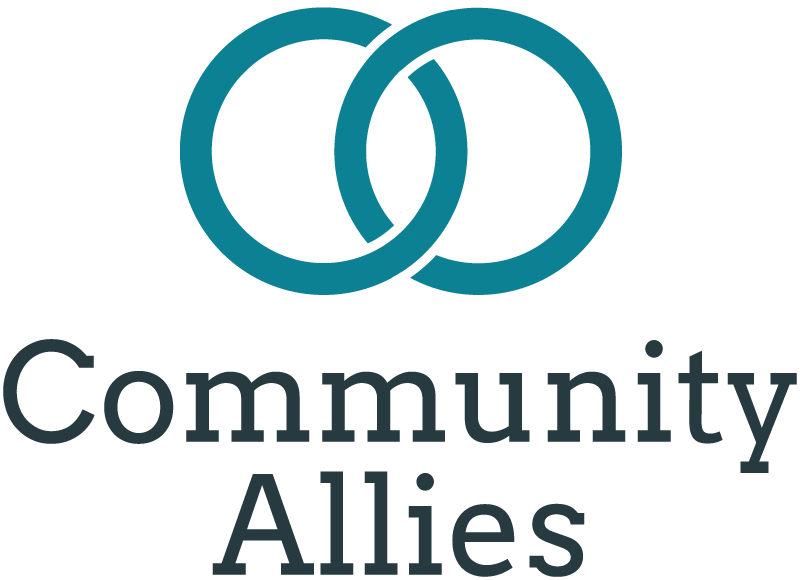National Good Food Network
National
Challenge
When the Wallace Center gathered leaders at its annual National Good Food Network conference, its goals were to explore inequities in local food systems and to confront how some solutions were, inadvertently, replicating the problems they sought to overcome. Without decision-making power, the most marginalized members of communities were least likely to experience the benefits of community assets, including improved food systems. Local leaders found breaking down old barriers and inviting new voices to be daunting and had historically found it difficult to reach consensus amongst different players in local food systems.
Approach
Community Allies, together with Prospera Partners, designed and presented “Partnering With Purpose,” a hands-on, all-day, experiential workshop that facilitated collaboration between various food systems actors and provided training on how to engage with the entirety of their local communities. Partnering With Purpose introduced participants to Community Allies’ “Radical Inclusion” model of community engagement as a way of building stronger, deeper, and more equitable local food systems. Strategies included community mapping to catalog the populations in a given community and ensure that no one is left out of planning and ways to open dialogues with previously marginalized groups in ways that feel meaningful and safe for them.
Results
During Partnering With Purpose’s journey of personal reflection, organizational assessment, and ecosystem modeling, participants explored who was–and who wasn’t– currently empowered in their food systems and how they could ensure that solutions benefited the populations most impacted by food inequities. An important realization among participants was how much they placed the burden of being food system hubs on local farmers, rather than building out infrastructure to support them. After the workshop, participants reported that deepened connections with other food system leaders and the sharing of ideas and resources left them better equipped to address inequities in their own food system efforts.
Put Community Allies to work for you
Share this story:

